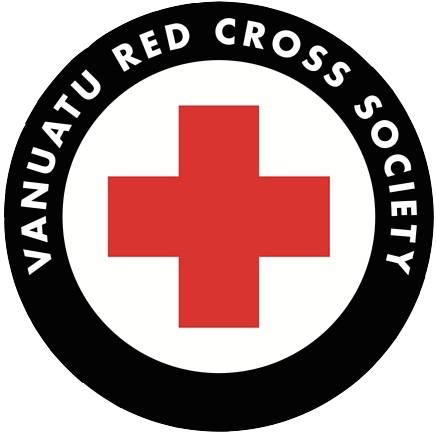One year on from Tropical Cyclone Pam, Red Cross reaches 44,000 people with humanitarian assistance
One year ago Cyclone Pam tore through the South Pacific affecting 200,000 people and leaving a trail of devastation in its wake. Vanuatu bore the brunt of the disaster but Tuvalu, Kiribati, the Solomon Islands and Papua New Guinea were also badly affected. In the last twelve months, the International Federation of Red Cross and Red Crescent Societies (IFRC) working with National Red Cross Societies in the region, has reached more than 44,000 people across all five affected countries with direct humanitarian assistance.
Source: Hanna Butler, New Zealand Red Cross
“People’s homes and livelihoods were destroyed and despite suffering losses themselves, hundreds of local Red Cross staff and volunteers formed the front line of relief efforts, ensuring essential supplies were distributed to people in need,” said Xavier Castellanos, the IFRC’s regional director for Asia Pacific. “In Vanuatu alone, nearly 30 per cent of humanitarian assistance was provided through the Vanuatu Red Cross. We came in with international support but Pacific Islanders have organised themselves and driven recovery efforts forward as they repaired and rebuilt their homes and communities”.
In Vanuatu more than 18,000 houses were seriously damaged and emergency shelter was a humanitarian priority. The Red Cross has provided an estimated 6,442 households across the region with emergency shelter materials and tools. These, combined with training in safer construction techniques have helped families to rebuild homes that are more resistant to future tropical storms. The Red Cross has also focused on providing island communities with health education and access to safe drinking water while also rehabilitating and increasing local water points, including rainwater-harvesting systems. Cyclone Pam caused significant damage to agricultural production in the affected nations, not only threatening food security but also the livelihoods of subsistence farmers. The IFRC has helped families to overcome these challenges by offering them opportunities to diversify their livelihoods
The task of carrying out relief and recovery activities in many of the affected islands has not been easy. Reaching communities located on remote islands has been difficult and costly. In the weeks following the cyclone, volunteers of the Kiribati Red Cross spent days travelling by sea, delivering relief items to areas such as the low-lying island of Tamana, which was badly inundated by king tides, and Tarawa, 600 kilometres further south.
“The impacts of El Niño have made people’s recovery doubly difficult and we have adapted our operation to help communities on many islands who have been struggling with serious food and water shortages caused by drought-like conditions”, said Mr. Castellanos.
From distributing water containers to running climate change awareness programmes, Red Cross assistance has been provided in close partnership with local communities with an emphasis on helping people to build their resilience to the perennial disasters and crises that they face in the Pacific.

